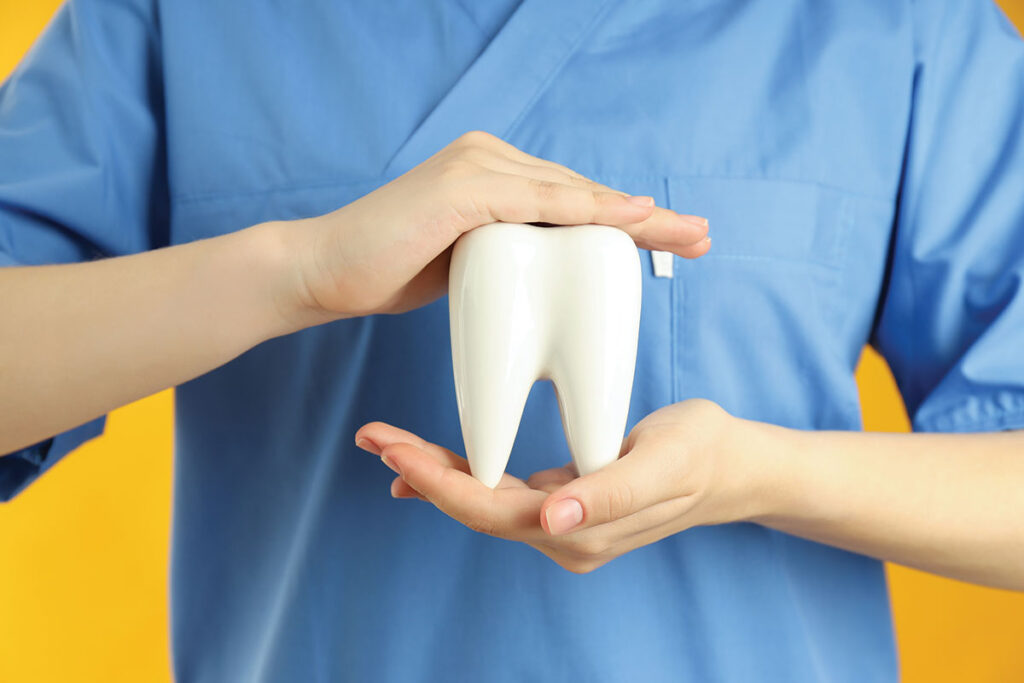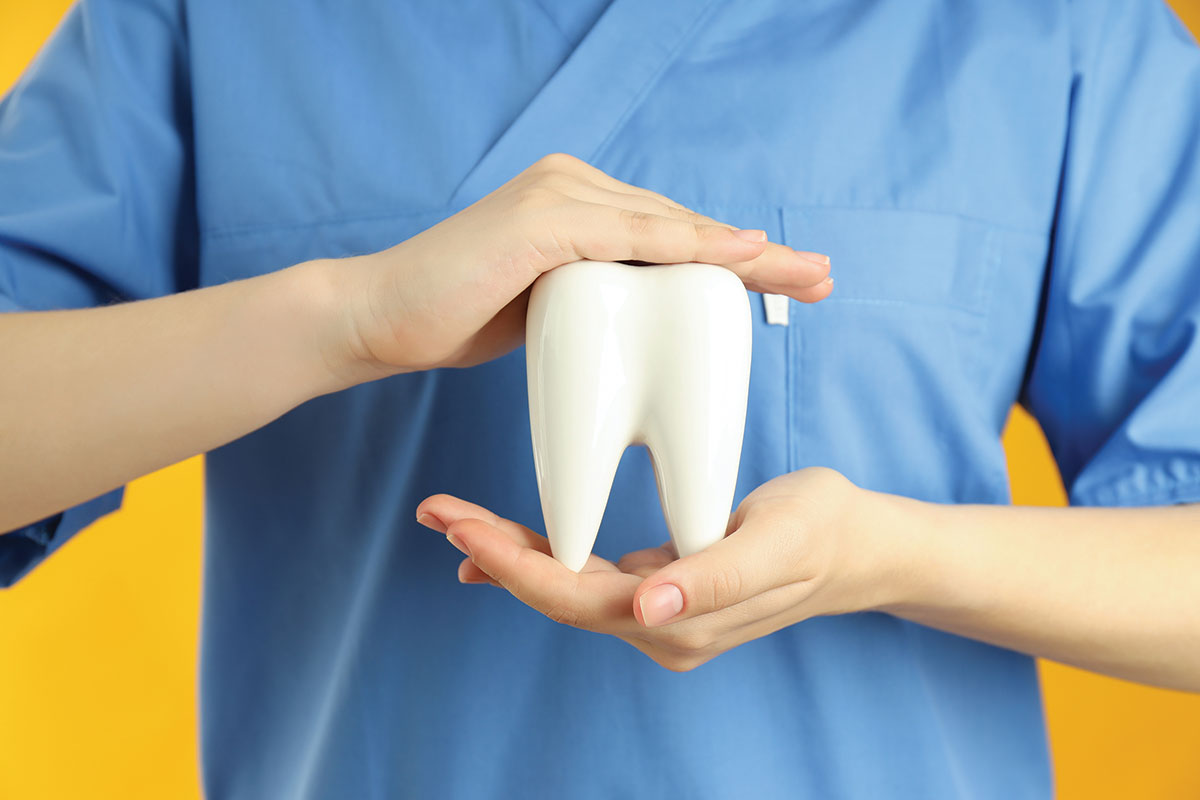
Farmers and ranchers are encouraged to remember that prevention is key for oral health
I am Dr. Zachary Jarrett D.D.S. and I practice dentistry in rural Missouri. Having grown up on a small farm in central Missouri, farm life is near and dear to my heart. My father is a turkey and cattle farmer as was my grandfather before him. When I applied to dental school, I knew I wanted to come back close to home and practice in a rural setting. I am proud to serve in my community. We provide much needed services to individuals who otherwise would not have access to healthcare.
Life on a farm is busy and there are constantly new challenges. Livestock need to be fed and tended to daily. On a turkey farm, something is always in need of repair. The busier life is, the more likely we are to put things off until things become painful or bothersome. I often hear patients say, “I haven’t been to the dentist in years, but I can’t take this pain any longer.”
If I could give farmers and ranchers one piece of advice about their oral health, it would be simply – don’t wait until you are in a lot of pain to see the dentist. Prevention is key to good oral hygiene. Routine dental exams and cleanings are important for us to catch things while they are minor and require less invasive treatment. Preventative dental treatment is often much more affordable and comfortable than the extensive care that is required from waiting until it becomes painful. It’s best to change the oil in farm equipment routinely instead of waiting for the engine to smoke or stall. In the same way, catching oral health problems early leads to the best outcomes.
For many patients, having bad teeth seems like a family curse that can’t be escaped. I often hear, “Bad teeth run in my family, so I guess that’s why my teeth are bad too.” Some patients who already have extensive dental problems may fall into thinking, “Why bother – I will just get dentures.” The problem with this thinking is that it falsely causes patients to give up on caring for their teeth. While there are genetic factors to oral health, most of these issues can be overcome with good oral hygiene habits and routine dental care.
I often tell patients dentures are a life-changing decision. Patients with dentures must learn to talk and chew again; it’s like losing a leg and learning to walk with a prosthetic. Patients are always surprised at how differently dentures function than their natural teeth. Even when multiple teeth have been lost, beginning to practice good oral hygiene habits and routine care still leads to better outcomes.
As every cattle rancher already knows, the condition of a cow’s teeth can be a sign of the overall health of the animal. Cattle ranchers may be surprised to learn that the condition of their teeth is also associated with their overall health. For example, research shows that there is a correlation between oral health and other conditions such as heart attack, stroke, diabetes and Alzheimer’s disease. Additionally, periodontitis has been linked to premature birth and low birth weight.
Good oral health promotes good overall health for the whole family. By keeping routine dental exams and practicing daily brushing and flossing, you can be a part of a new health legacy for your family. One day your child may say, “Everyone in my family has good teeth so that’s why I do too.”
Dr. Zachary Jarrett, D.D.S. is a dentistry practitioner at Jordan Valley Community Health Center in Lebanon, Mo.






